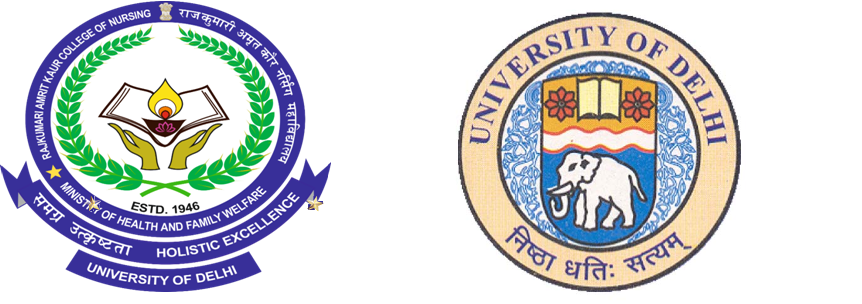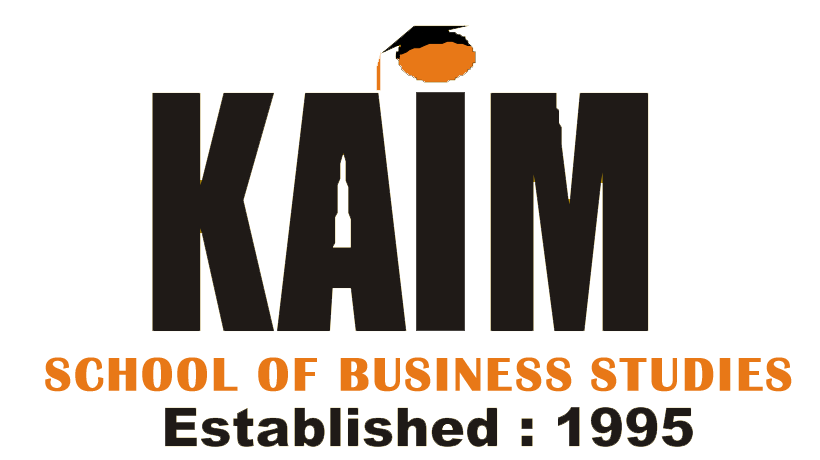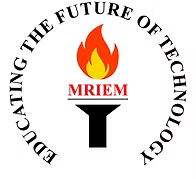Ph.D. in Nursing [Ph.D. in Nursing]
3 to 5 years
The Ph.D. in Nursing program at Rajkumari Amrit Kaur College of Nursing (RAKCON), affiliated with the University of Delhi, is a research-oriented program that aims to develop expertise in nursing research, education, and healthcare leadership.
Here are some general details about the Ph.D. in Nursing program, based on typical offerings and the focus of the institution:
Program Overview:
-
Duration: Generally 3 to 5 years, depending on the research progress.
-
Mode: Full-time or part-time (based on the university's structure).
-
Eligibility Criteria:
-
A Master’s degree in Nursing (M.Sc. Nursing) from a recognized institution.
-
A minimum of 55% marks (or equivalent grade) in M.Sc. Nursing.
-
Some institutions may require clinical experience (usually 1-2 years) in a healthcare setting before applying.
-
Candidates must be registered nurses with the appropriate nursing council.
-
Admission Process:
-
Application: Applicants must submit an application form, along with required documents such as academic transcripts, a statement of purpose, and proof of clinical experience (if applicable).
-
Entrance Exam: Many institutions, including Rajkumari Amrit Kaur College, may conduct a Ph.D. entrance exam, which tests the candidate's knowledge in research methodology, nursing theory, and clinical expertise.
-
Interview: Shortlisted candidates are typically invited for an interview, where they will discuss their research interests, career goals, and relevant academic background.
-
Research Proposal: Applicants may be required to submit a research proposal outlining the area of nursing they wish to focus on. This should include the objectives, methodology, and potential impact of the research.
-
Selection: Final admission is based on the combined performance in the entrance exam, interview, and research proposal.
Course Structure:
The Ph.D. in Nursing program at RAKCON is primarily research-based, but it often includes coursework in the following areas:
-
Advanced Nursing Theory and Research: In-depth study of nursing theories, research methodologies, and statistical techniques.
-
Healthcare Management and Policy: Study of healthcare systems, nursing administration, and policy development.
-
Ethical and Legal Aspects of Nursing Research: Examining the ethical considerations in nursing research and clinical practice.
-
Specialization-Specific Subjects: Based on the research area chosen, students may take specialized courses (e.g., Pediatric Nursing, Psychiatric Nursing, Medical-Surgical Nursing).
The program is typically structured around independent research under the guidance of a faculty mentor or supervisor, and students are expected to contribute original knowledge to the field of nursing.
Research Areas:
Ph.D. candidates can choose from various research topics, including but not limited to:
-
Clinical Nursing: Exploring innovations in patient care, new treatment modalities, and nursing interventions.
-
Nursing Education: Investigating effective teaching methods, curricula development, and educational outcomes for nursing students.
-
Public Health Nursing: Research related to community health, disease prevention, health promotion, and nursing's role in global health.
-
Psychiatric Nursing: Focusing on mental health, psychiatric disorders, and nursing interventions for psychiatric care.
-
Pediatric Nursing: Advancements in pediatric healthcare, child nursing practices, and healthcare challenges in pediatrics.
-
Geriatric Nursing: Research into elderly care, aging populations, and healthcare needs of older adults.
Career Opportunities After Ph.D. in Nursing:
Graduates with a Ph.D. in Nursing from Rajkumari Amrit Kaur College of Nursing can pursue a variety of career paths, including:
-
Academic Careers: Becoming faculty members or researchers in nursing schools and universities, guiding future nurses.
-
Clinical Research: Working in hospitals, research institutes, or healthcare organizations to conduct nursing-related clinical research.
-
Nursing Leadership and Management: Taking leadership roles in healthcare organizations, hospitals, or governmental health agencies.
-
Nursing Policy and Advocacy: Contributing to healthcare policy formulation, advocacy, and reforms at national or global levels.
-
Consulting: Working as expert consultants for healthcare institutions or policy think tanks.






 OMAWATI686b96fcc7a5c.jpg)